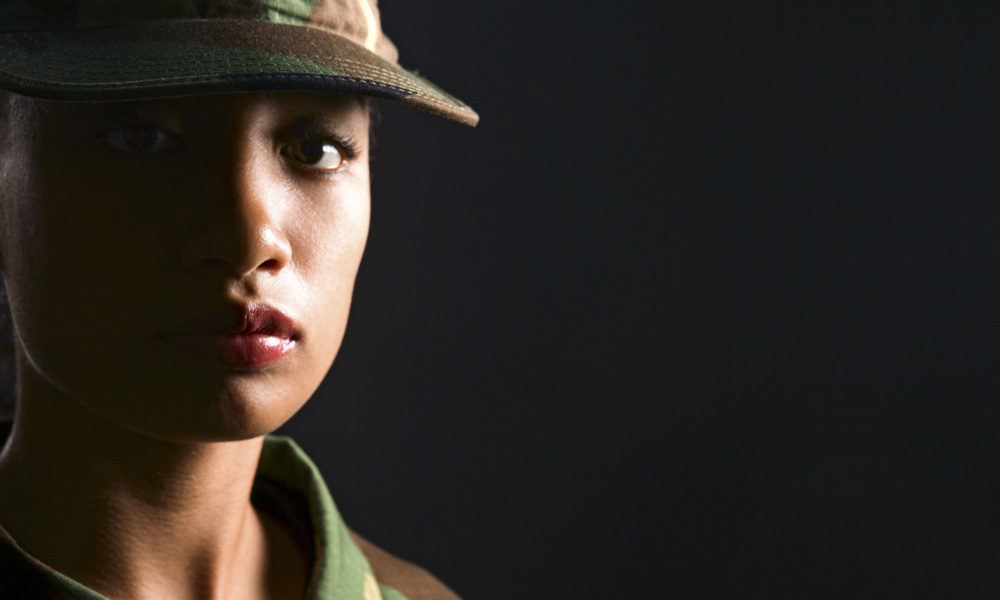
Nonprofits Move to Support Women in Combat Roles
Civilian groups supporting veterans and military families look to adjust their offerings for service women, following the Defense Department’s repeal of the women-in-combat ban.
In one of his final acts as U.S. Defense Secretary, Leon Panetta last week overturned a 1994 rule that restricted women from serving in infantry units, a move that will allow women to officially serve in combat positions.
They serve, they’re wounded, and they die right next to each other. The time has come to recognize that reality.
“It is clear to all of us that women are contributing in unprecedented ways to the military’s mission of defending the nation,” Panetta said during a press conference. “They serve, they’re wounded, and they die right next to each other. The time has come to recognize that reality.”
Like the military branches that are now preparing to implement operational changes, several service-related groups and associations are working to amend their offerings to better serve their members and women facing and returning from combat.
“From our perspective, I think our coaching themes are going to change, and our mentorship themes are going to change,” said Susan Feland, founder and president of AcademyWomen, a professional development and leadership organization that serves female officers and veterans. “We’re going to continue to provide the services that we do, just at a grander scale, and maybe with a slightly shifted conversation.”
Easter Seals, a nonprofit organization that provides direct services to military families, and its partner, the Dixon Center for Military and Veterans Community Services, are emphasizing the unique needs of female combat veterans returning home.
“For our nation, formally recognizing the fact women have been and are serving valiantly in combat roles for the past 11 years is appropriate,” said Kimberly Mitchell, deputy director of the Dixon Center, in a statement. “I do look forward to the bold policy steps that will be taken recognizing the unique needs of all our service members regarding post-traumatic stress, traumatic brain injuries, military sexual trauma, and the military’s proactive steps, which previously have been reactive.”
Mitchell, a Navy veteran with 17 years of service, including aboard combat warships, said support at the local level will be critical. “We need to consolidate local efforts in communities and find synergies for the delivery of services or to services,” she said. “We as a society need to focus on enabling their potential, and not create more cookie-cutter solutions.”
The biggest change for all organizations that provide some form of support to female military members and veterans will be the shift in social dynamics, said Feland. “It’s going to shift in roles, from one of being a supporter to one of being a real player. And as an organization, we’re excited about the opportunity to support them.”
(Jupiterimages/Comstock/Thinkstock)






Comments